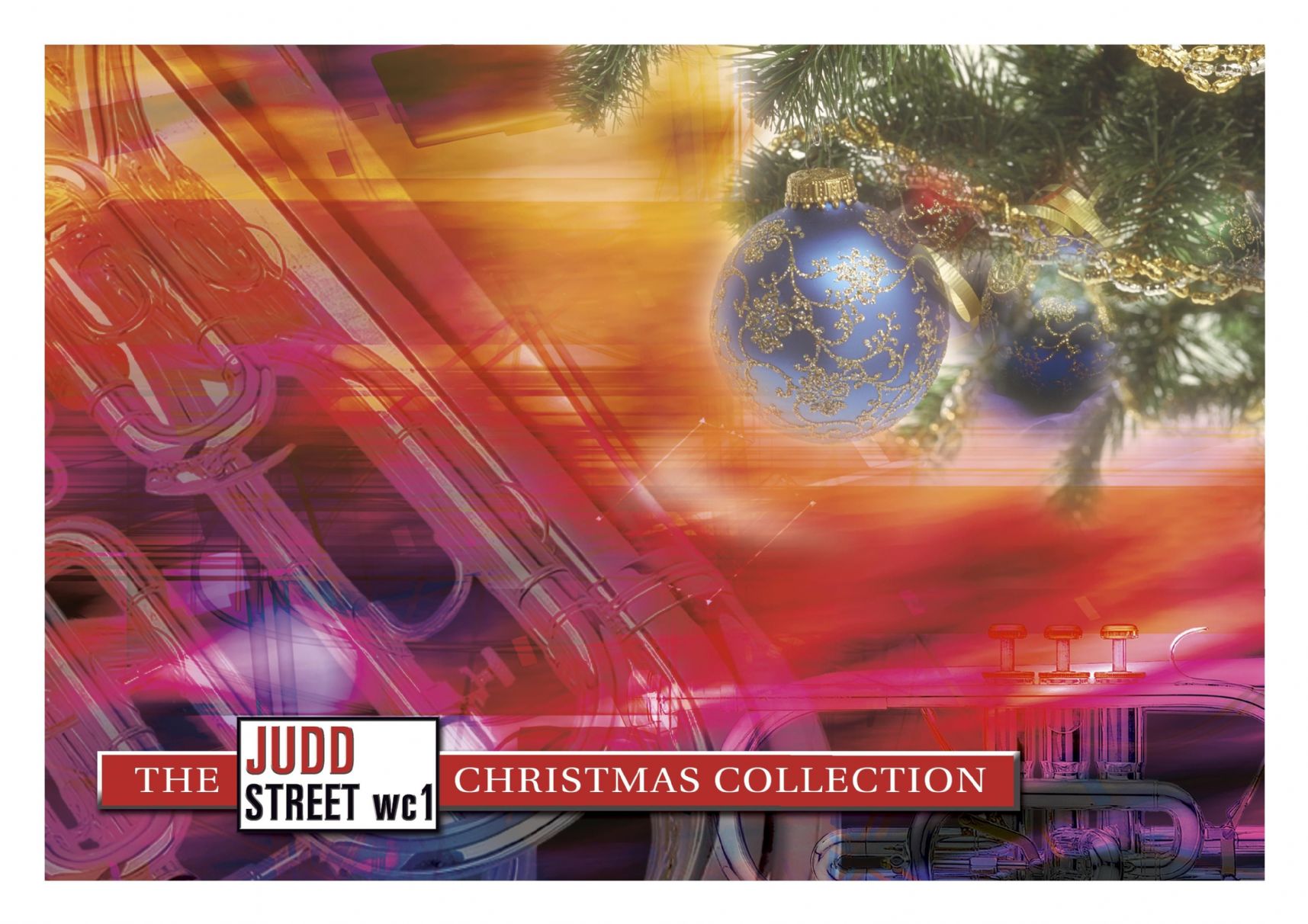Results
-
 £15.00
£15.00Jupiter from the Planet Suite - Holst
Programme notes:The hauntingly beautiful theme from Jupiter, from The Planets Suite has a rare qualityexpressing both optimism and dignity which makes it a popular choice for many formalpublic events such as opening and award ceremonies.The tune is originally found in the Jupiter movement from the large-scale work fororchestra called 'The Planets Suite'. Written by the English composer Gustav Holt ThePlanets Suite is thought to be his finest work.The theme has a steady 3/4 rhythm which provides a contrast in terms of tempo andmeter to the rest of the movement, and has been made popular as a patriotic song called'I vow to Thee My Country'.Performance notes:This arrangement makes use of a gradual increase in dynamics, beginning p and ending ff.With this gradual increase in dynamics is a gradual increase in the scoring starting offwith only the lower instruments playing p and ending up with everyone playing ff.The percussion part is very minimal in this arrangement (only 2 notes for the suspendedcymbal) and is an optional part.Just before the final chord there is a cut off marked in the parts. This may be a newconcept for some inexperienced players so it should be fully explained by the conductor.The Flexi-Collection ApproachFlexible scoring tailored to your needs - A perfect solution for expanding the repertoire of training and junior brass bands. The Flexi-Collection currently offers two series - Popular Classics and World Tour. Based on four-part harmony, these collections provide groups with the advantage of complete flexibility when they may not be balanced. If players or instruments are missing, the show can still go on!The Flexi-Collection - Popular Classics Series, encapsulates all that is great about the wonderful range of musical styles produced by Holst, Elgar, Handel, Verdi, Tchaikovsky, Grieg, Bizet and Parry.The thoughtful scoring and arranging by Andrew Duncan now means that groups of all abilities have access to a truly flexible set of music for their needs. With world parts, rudimentary theory, terminology translations and large format typesetting, The Flexi-Collection ticks all the boxes when it comes to bringing interesting music to the training and junior band/brass group environment.Available individually or as part of the money-saving Flexi-Collection Popular ClassicsAlbum.Scored for Brass Band and supplied with additional Easy Bb, Easy Eb and world parts - The Flexi-Collection offers flexibility in every sense of the word.
In Stock: Estimated dispatch 3-5 working days
-
£24.95
I Vow To Thee My Country (Brass Band - Score and Parts) - Holst, Gustav - Steadman-Allen, Ray
This noble tune was originally part of the 'Jupiter' movement of 'The Planets' suite and now also appears as a hymn tune called 'Thaxted'.
Estimated dispatch 7-14 working days
-
£12.50
I Vow To Thee My Country (Brass Band - Score only) - Holst, Gustav - Steadman-Allen, Ray
This noble tune was originally part of the 'Jupiter' movement of 'The Planets' suite and now also appears as a hymn tune called 'Thaxted'.
Estimated dispatch 7-14 working days
-
 £37.95
£37.95I VOW TO THEE, MY COUNTRY (Brass Band) - Holst, Gustav - Sparke, Philip
.
Estimated dispatch 7-14 working days
-
 £50.90
£50.90IN THE BLEAK MIDWINTER (Fernie) (Eb Horn Solo with Brass Band) - Holst, Gustav - Fernie, Alan
Grade: Easy/Medium.
Estimated dispatch 7-14 working days
-
 £59.95
£59.95MOORSIDE SUITE (Brass Band Set - Score and Parts) - Holst, Gustav
Score and Parts. 2010 National Championships Area Qualitying Contest - 1st Section. This work was first heard at the Crystal Palace Brass Band Contest in 1928 for which it had been specially written.
Estimated dispatch 7-14 working days
-
 £59.95
£59.95ST PAULAaaS SUITE, Op.29, No.2 (Brass Band Set) - Holst, Gustav
Estimated dispatch 7-14 working days
-
 £54.20
£54.20The Planets, War and Peace (Brass Band - Score and Parts) - Holst, Gustav - Hume, Rob J.
Slightly reduced Brass Band instrumentation (no rep cornet, no 2nd horn, no 2nd trombone part)Includes:Mars, the Bringer of WarVenus, the Bringer of Peace
Estimated dispatch 7-14 working days
-
 £29.95
£29.95Judd: Bleak Mid-winter
Gustav Holst's 'In the bleak mid-winter' has become one of the best-loved of all carols. This arrangement is a thoughtful commentary on Holst's music, highlighting its wistful, plaintive qualities.
Estimated dispatch 7-14 working days
-
The Planets - Gustav Holst - Matt Kingston
A radical reworking of Holst's epic, containing all the best bits and most memorable tunes. Suitable for 2nd section bands and higher. Duration 13 mins
